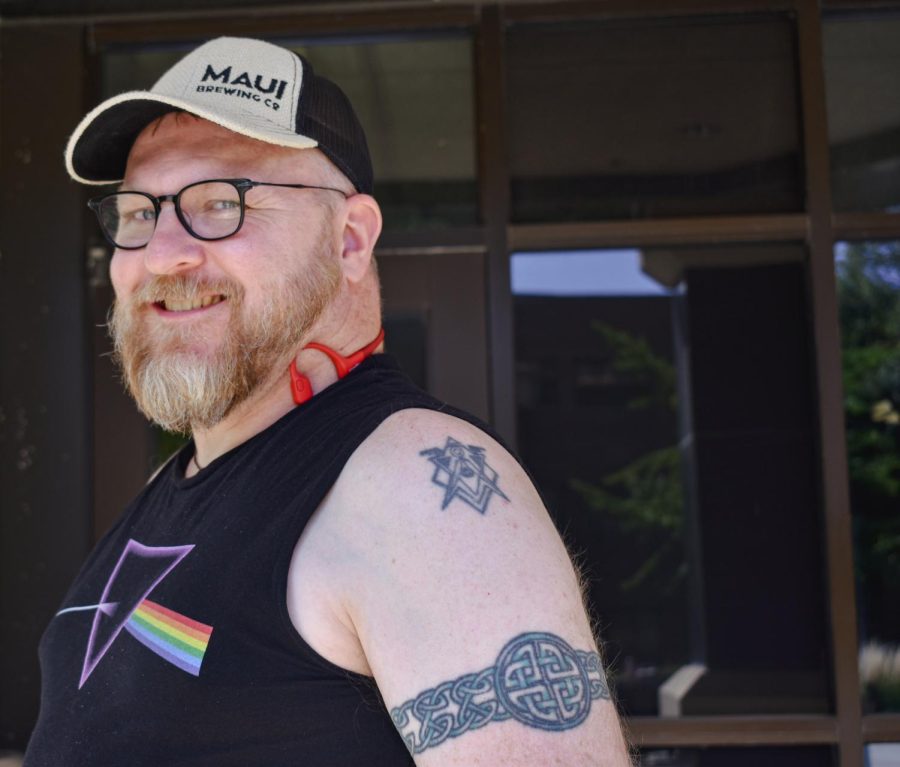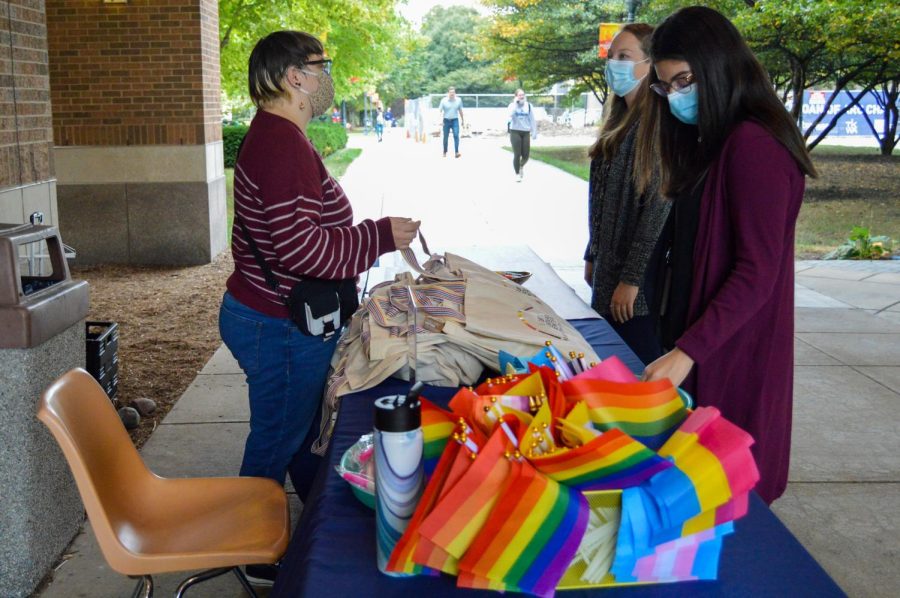Although we may seem to take one step forward in society everyday, we are met with laws that push us three steps backward. As a country, there is still a lot of room for growth.
In late February, the Florida House of Representatives passed legislation titled Florida’s Parental Rights in Education Bill – by opponents, it is widely referred to as the “Don’t Say Gay” bill. If adopted, the bill would prohibit “classroom discussion about sexual orientation or gender identity” in Florida’s primary schools. Republican Florida Governor Ron DeSantis has also expressed explicit support for the bill.
There are several issues with the bill – one of the most significant being how vague it is.
From a legal enforcement standpoint, the bill has a lot of holes. One section of the bill states, “…classroom instruction by school personnel or third parties on sexual orientation or gender identity may not occur in kindergarten through grade 3 or in a manner that is not age-appropriate or developmentally appropriate for students in accordance with state standards.”
The main issue with this is that the bill does not go on to define what can be classified as “classroom instruction” or “developmentally appropriate.”
There is also a lot of gray area in the bill. For Florida teachers, the bill presents an issue because it limits their instruction capacity and freedom. If students have a woman as a teacher and she is married to another woman and references this in class, that could arguably be an issue according to the bill. In another instance, if a teacher presents their class with reading or viewing material that includes non-heterosexual relationships, this could also violate the parameters of the bill.
There are so many unanswered questions and undefined terms in the bill that can lead to serious issues. A lawsuit being filed against a school, if suspected of violating the bill, could potentially be costly. The bill relies on private lawsuits for enforcement, which means ultimately it’s up to the parents to present violation accusations. If those parents prevail in court, they can win “money damages” and this will hurt the school’s funding.
Another issue with the bill is that it is fundamentally a form of government overreach. Many Republican lawmakers have given their support for the bill, despite the fact that it contradicts alleged Republican values of limited government methodologies Although, this is not an entirely new concept. Despite preaching pro-limited government values, Republican lawmakers continue to push for restrictive legislation such as abortion laws.
Above all, the bill presents a persistent issue in America: There are still many people who only feel comfortable with heteronormative values. If people are not in heterosexual relationships and conform to gender norms, many people consider them to be “different.” Whether it be in movies, books or everyday conversation, it seems as though we are living in a country divided; some people are open to discussing gender and sexual identity and some people are resistant to normalizing different gender and sexual identities – but they have always existed, just not in a mainstream manner as they do now.
With strides being made for the LGBTQ+ community including the legalization of gay marriage, expansion of adoption rights and workplace protection, the Florida education system needs to catch up. If they don’t, America will continue to have people who are uncomfortable with the discussion of sexuality, identity and relationships of all kinds.
Much of the bill is left up for interpretation, which is something there shouldn’t be room for in the law. The bill also creates a harmful environment for students and teachers alike when they are limited in their conversations. Discussing hypersexual or inappropriate material in a classroom of young children is commonly recognized as being unacceptable, but to create an overarching idea that gender and sexual identity cannot be discussed at all is alarming.
It is time to eliminate the stigma surrounding non-heteronormative values; Children should be taught that there is room and love for everybody regardless of their gender or sexual identity.
This story was written by Grace Cady. She can be reached at grace.cady@marquette.edu.












